Fatemeh Rahbar, who represents Tehran in Majlis, and Tayebeh Safaei, head of Majlis women faction, are going to take part in the event and deliver speeches at the commission.
The conference is aimed at studying the parliaments’ role in legislating for raising women’s status, Rahbar said.
Pointing to the first-ever involvement of Iranian “female” MPs at the commission, she said, “We slated to participate in four days of the commission from March 2 to 5.”
MPs of member states will deliver speeches in one day of the commission, Rahbar said.
According to Rahbar, women’s issues, their status in Iran’s Twenty-Year Outlook Plan and the economic development plans are among the issues to be addressed in her speech during the conference.
Safaei will also review women’s law in Iran since the victory of the Islamic Revolution (1979) in her lecture at the commission, Rahbar added.
The Commission on the Status of Women (CSW) is a functional commission of the United Nations Economic and Social Council (ECOSOC), dedicated exclusively to gender equality and advancement of women. It is the principal global policy-making body.
Every year, representatives of member states gather at United Nations Headquarters in New York to evaluate progress on gender equality, identify challenges, set global standards and formulate concrete policies to promote gender equality and advancement of women worldwide.
The commission was established by ECOSOC resolution 11(II) of 21 June 1946 in order to prepare recommendations and reports to the council on promoting women's rights in political, economic, civil, social, and educational fields. The commission also makes recommendations to the council on urgent problems requiring immediate attention in the field of women's rights.
The fifty-fourth session of the commission will take place from March 1 to 12, 2010. The fifty-third session of the commission convened on March 2-13, 2009.
The 15-year review of the implementation of the Beijing Declaration and Platform for Action (1995) and the outcomes of the 23rd special session of the General Assembly (2000) will take place during the upcoming session.
Sharing of experiences and good practices, with a view to overcoming remaining obstacles and new challenges, including those related to the Millennium Development Goals will be highlighted during the 11-day event.
Member states, representatives of non-governmental organizations (NGOs) and of UN entities will participate in the session. A series of parallel events will provide additional opportunities for information exchange and networking.
Ongoing national and regional review processes are feeding into the global review process.
NM/SN
MNA
END




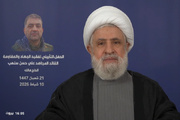
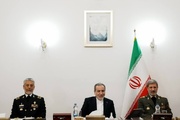
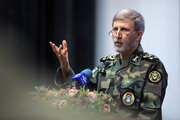
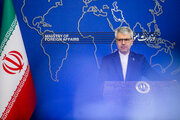
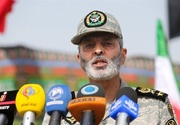

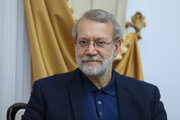
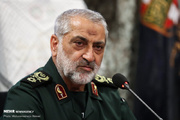
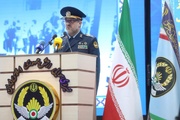









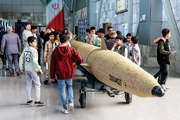

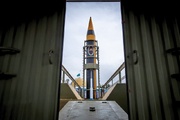
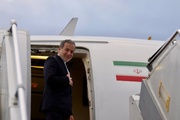
Your Comment